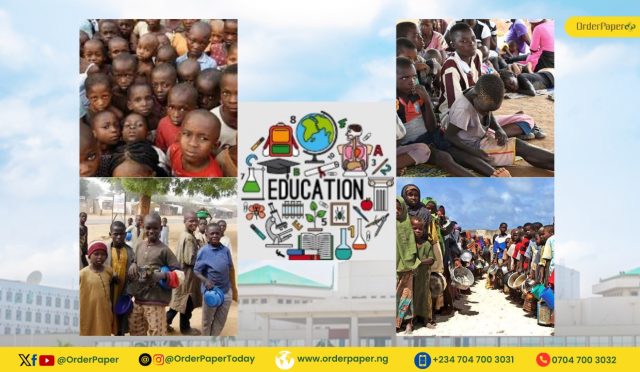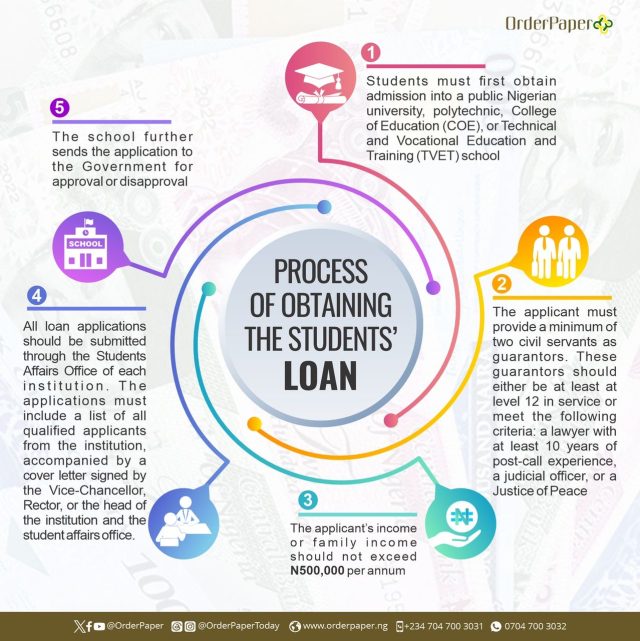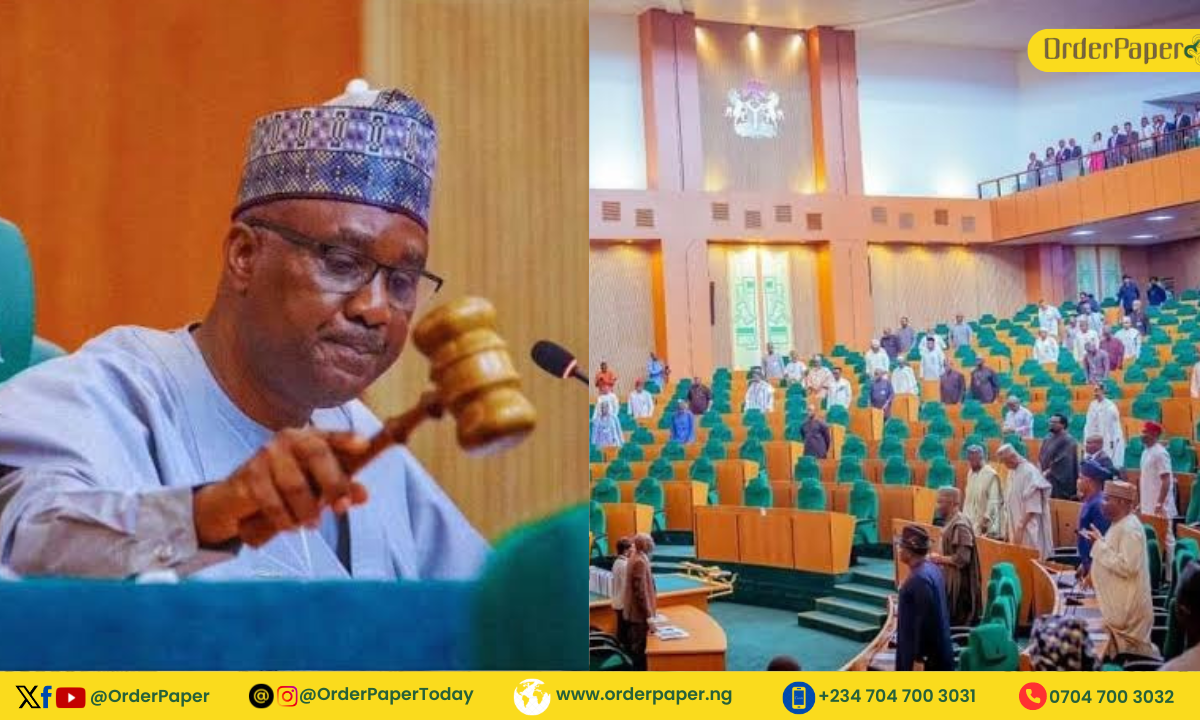In this week’s GESI Tracker, for March 11th to 15th, 2024, the National Assembly highlights important Gender Equality and Social Inclusion (GESI) components, including the urgent need to address the challenges faced by out-of-school children and the Student Loans Scheme.

GESI TRACKER: Student loan and need to support out-of-school children
The need to support out-of-school children.
In Nigeria, millions of children are out of school due to poverty, limited access, gender, conflict, cultural practices, and inadequate resources. UNICEF estimates that 10.5 million children aged 5-14 are not attending school, with the northern regions being particularly affected by factors like poverty and limited opportunities for girls (2023). Efforts are needed to ensure that all children have access to quality education, regardless of their circumstances, in Nigeria. Incorporating Gender Equality and Social Inclusion (GESI) into the curriculum extends beyond educational development; it represents an essential commitment and a significant stride towards nurturing a safer future.
THE STUDENT LOAN SCHEME
Comparably, the high cost of education is a significant factor contributing to the issue of out-of-school children. Many families, especially those living in poverty, struggle to afford the expenses associated with sending their children to school, such as tuition fees, books and transportation and this presents a barrier to many students, hindering their academic pursuits. Even though education can be costly, it shouldn’t discourage people from pursuing their academic aspirations. The GESI approach to the Student Loan scheme in Nigeria not only grants access to education but also tackles national security challenges and boosts economic growth.
GESI FOCUS OF THE WEEK:
Here are the highlights of the GESI-related motions and bills that passed the National Assembly during the week under review.
BILL
An Act to Repeal the Students Loans (Access to Higher Education) Act, 2023 and Enact the Student Loans (Access to Higher Education) Bill, 2004 to Establish the Nigerian Education Loan Fund as a Body Corporate to Receive, Manage and Invest Funds to Provide Loans to Nigerians for Higher Education, Vocational Training and Skills Acquisition and for Related Matters, HB.1266
Sponsor: Former Speaker of the House of Representatives, Femi Gbajabiamila.
The bill to repeal and re-enact the Students Loans (Access to Higher Education) Act, 2023, seeks to enhance the implementation of the Higher Education Student Loan Scheme by addressing challenges related to the management structure of the Nigerian Education Loan Fund (NELF), applicant eligibility requirements, loan purpose, funding sources, and disbursement and repayment procedures.
All students seeking higher education in public institutions in Nigeria have equal rights to access loans under this Act, without any discrimination based on gender, religion, tribe, position, or disability.
However, the Act which was signed into law on June 12, 2023 by President Bola Ahmed Tinubu was to kick off in March 2024 but suffered a setback. While it was reported to be deferred due to ongoing adjustments, the executive request for a repeal and reenactment might not be unconnected with several criticisms against the qualifying requirements for applicants, repayment plans, and governance structure.
A day after the announcement of a temporary suspension of the commencement of the programme, President Tinubu forwarded a letter to the National Assembly, seeking a repeal and re-enactment of the Act. The Senate went ahead to pass the bill for a second reading.

Student loan application process
MOTION:
Compelling Need to tackle the challenge of Out of School Children in Nigeria
Sponsor: Sen. Adebule, Idiat Oluranti (Lagos West)
It is observed that the problem of out-of-school children has become alarming, especially in light of the 2022 report by UNESCO, which stated that approximately 20 million Nigerian children are out of school. This figure represents 10% of Nigeria’s estimated population of 200 million and is the highest number of out-of-school children globally. Despite some dispute from the Ministry of Education regarding the accuracy of this figure, it is widely acknowledged that the issue of out-of-school children is a significant challenge for Nigeria that requires urgent attention.
In light of the adoption of the motion, which occurred yesterday, March 20, 2024, The Senate’s action includes calling for new strategies from the Ministry of Education, raising national awareness about education’s importance, collaborating to reduce the number of out-of-school children, implementing targeted intervention programs, and urging the Judiciary to enforce the Universal Basic Education Act.
Written by Esther Adedoyin.



